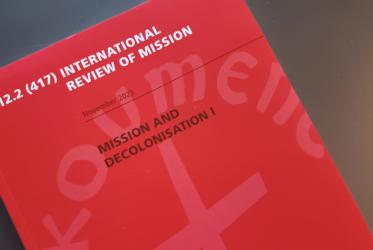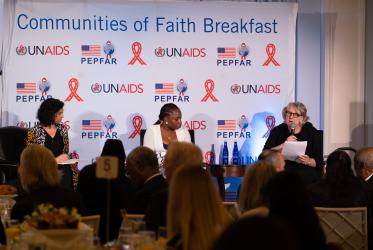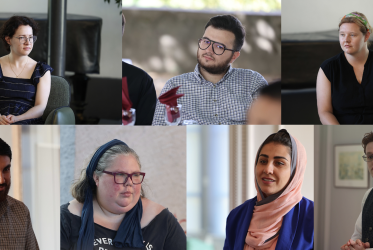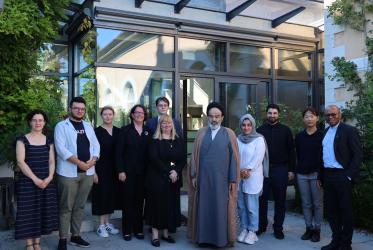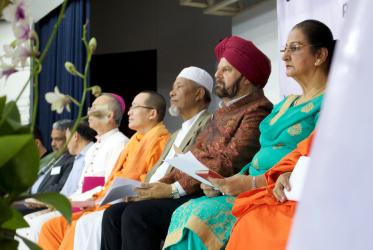Displaying 1 - 20 of 191
WCC expresses deep concern for human rights in Haiti
28 March 2024
Faith Actors Reflect on Their Role in Reaching HIV Goals at ICASA
21 December 2023
WCC interreligious journal focuses on “healing wounded memories”
16 February 2023
HIV and AIDS Civil Society Networks and the Faith Sector
Lessons Learnt from Strategic Engagement in India, Dominican Republic, Indonesia, and Jamaica
31 January 2023
On World AIDS today, tackling inequalities is a matter of justice
02 December 2022
WCC invites all to World AIDS Day prayer service
28 November 2022



